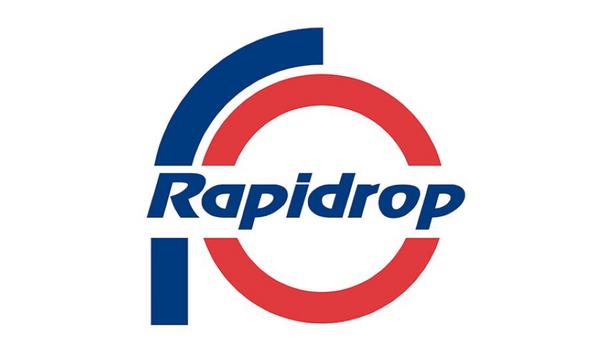Johnson Controls, a global provider of smart, healthy and sustainable building solutions - and originator of UL Listed antifreeze for fire sprinkler systems - continues to innovate its wet-pipe freeze protection solution to support market demands and more rigorous temperature requirements. Tyco LFP Antifreeze+ from Johnson Controls delivers the first UL Listed antifreeze solution that performs at temperatures as low as minus 32°C (minus 25°F).
The pre-mixed solution protects against freeze damage failure and ensures flow in wet fire sprinkler systems. LFP Antifreeze+ meets NFPA requirements (13, 13R,13D and 25) and is included in the FBC System Compatible Program. This newly listed product offers added assurance for residential and commercial fire sprinkler contractors, fire marshals, and building owners and managers by providing renowned wet-pipe protection in extreme cold-weather conditions.
stringent corrosion tests
As part of the UL 2901 Listing process, LFP Antifreeze+ passed multiple stringent corrosion tests"
LFP Antifreeze+ is designed to perform in harsh climates to the lowest temperature threshold available on the market today. This includes the coldest North American regions like Canada, where the average winter temperature is minus 15°C (5°F), with much lower regional temperatures possible.
“As part of the UL 2901 Listing process, LFP Antifreeze+ passed multiple stringent corrosion tests,” said Bob Cordell, global product manager, Johnson Controls. “UL 2901 is the only industry-accepted standard for corrosion testing of antifreeze. End users can be confident this formula is not only effective, but also safe and compatible with their sprinkler systems.”
proprietary chemical formula
Johnson Controls developed this proprietary chemical formula using its depth of experience and knowledge in special hazards and specialty chemicals. LFP Antifreeze+ is compatible with steel and CPVC piping components and can support large volumes up to 500 gallons. This ground-breaking solution is nontoxic, with the FDA classifying it as "generally recognized as safe" (GRAS) for disposal in septic systems and public sewer systems.
















